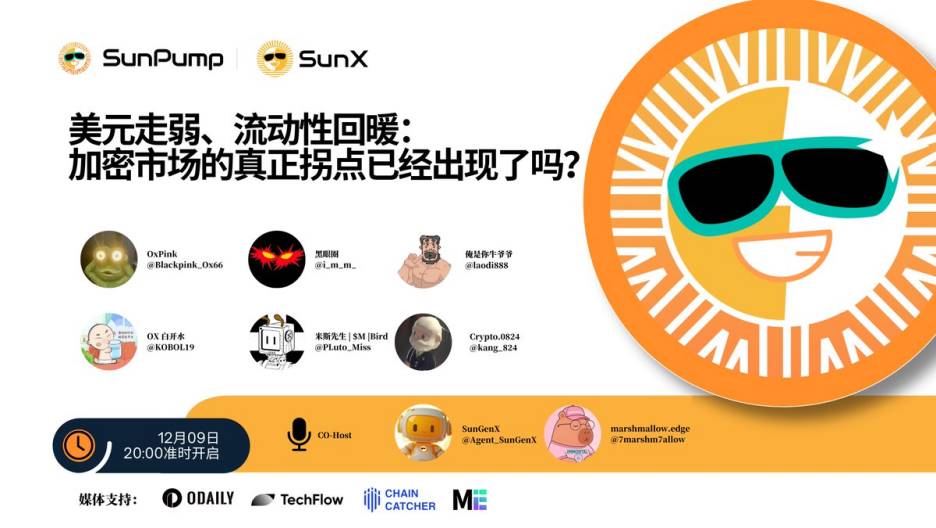Uniswap v4: Ushering in the Next Wave of AMM Innovation
Uniswap v4 (hereafter referred to as v4) introduced Hook and Singleton architecture in January 2025, unlocking advanced pool features such as dynamic fees, custom curve logic, and MEV resistance.
For traders, as liquidity is intelligently adjusted based on market conditions, this means better execution prices, lower slippage, and reduced trading costs. For developers, v4 provides a flexible framework that enables continuous innovation without concerns about liquidity fragmentation.
Aggregators: New Challenges Brought by v4 Integration
Meanwhile, v4 also brings new challenges for DEX aggregators such as 1inch, 0x, and Velora. Aggregators serve as entry points for many traders, integrating different DEXs and routing trades to multiple pools to seek the best execution path and fee tiers.
For Uniswap v2 and v3, the integration process was relatively straightforward. In the v2 era, aggregators only needed to apply the constant product formula for quoting. v3 became more complex due to concentrated liquidity and multiple fee tiers, but still maintained a universal pool structure, making integration scalable.
However, in v4, pools are no longer homogeneous. Each pool can be customized with Hooks, altering its swap logic, fee structure, or execution guarantees. This flexibility enriches the ecosystem but also forces aggregators to identify and understand the unique behavior of each pool they integrate.
Accelerating v4 Adoption
To accelerate v4 adoption and increase the returns of aggregator integration, the Uniswap Foundation has granted Brevis this funding, aiming to leverage its ZK Data Coprocessor and zkVM to provide trustless gas fee rebates for all routers routing order flow to v4 Hook pools.
These rebates provide new economic support for routers, encouraging them to try v4 Hooks. Whether routers use the rebate to offset their own operating costs, reduce trader fees, or build a sustainable treasury, the end result is the same: faster integration, deeper liquidity, better trade execution, and lower user trading costs.
Trustless Gas Rebate Powered by Brevis
This rebate program operates entirely on Brevis's ZK technology, eliminating any reliance on centralized tracking or opaque computation.
Rebate calculation: Routers can use Brevis-hosted gas rebate proof systems to generate ZK proofs for trades routed through eligible v4 pools. Then, the Brevis Pico zkVM calculates the total gas cost and generates an aggregated zero-knowledge proof to verify the entire computation process. Once routers obtain this proof, they can claim the rebate on-chain via smart contracts.
Claiming the rebate: Routers submit the ZK proof to the rebate contract, which verifies the validity of the proof, confirms that the relevant trades have not previously received a rebate, and then issues the payment. The entire process is automated and trustless.
This approach solves problems that centralized systems cannot achieve: verifiable fairness and large-scale decentralized retroactive rewards. Every calculation is supported by cryptographic proofs, and anyone can verify it on-chain. There is no need for centralized databases to track contributions, nor any need to trust intermediaries. Routers receive rebates, the Uniswap Foundation achieves transparent distribution, and the adoption of v4 is accelerated with economic support while maintaining DeFi's core guarantees.
Accelerating v4 While Upholding DeFi Principles
This grant provides the necessary momentum for the flourishing development of Uniswap v4. By offering economic incentives for routers to integrate v4 Hook pools, it accelerates aggregator adoption. As v4 pool liquidity deepens, users will enjoy smaller spreads and lower slippage. If routers pass the rebate on to users, traders' actual swap costs will be further reduced.
Uniswap v4 introduces advanced AMM features through Hooks. Brevis is building the corresponding infrastructure to make v4 adoption economically attractive for routers while maintaining the trustless guarantees that define DeFi. With Brevis ZK proofs supporting the rebate system, as v4 scales, integrators, traders, and liquidity providers will all benefit.
About Brevis
Brevis is an intelligent verifiable computation platform that provides unlimited computational power for existing smart contract blockchains. Through zero-knowledge proofs, Brevis moves data-intensive, high-cost computations from on-chain to off-chain engines, enabling Web3 applications to scale seamlessly while maintaining L1 security and trust assumptions.



